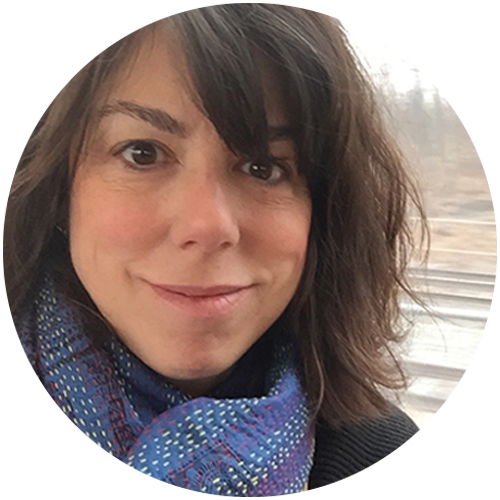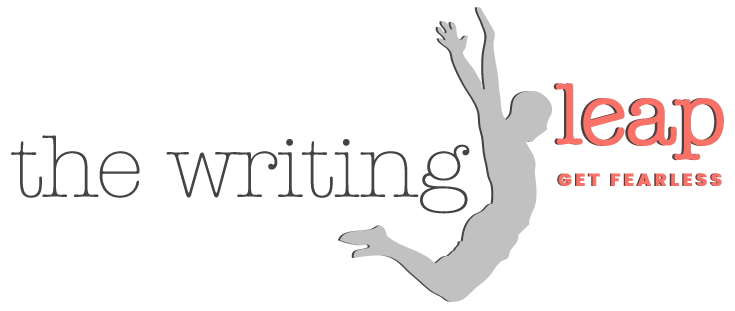The Writer's Journey
Every writer’s journey is, of course, unique. That’s what makes it scary. Yet courage can be found in the commonalities among us.
Find your fearlessness.
Mule Creek Prison is a maximum security prison in Ione, California. Driving there is tranquil, blue highways roadtrip—windmill farms, burnt yellow hills, and old frontier towns selling tschotkes to tourists. As you draw closer, if your eyesight is not very good, you see a tower, and mistake it for a college campus.
Then you see the guns.
I was a new attorney, there to see Geronimo Pratt, an ex-Black Panther convicted of a crime he did not commit. This was to many, including me, a dream opportunity: working on a case to free the wrongfully convicted, working with legal issues that allowed me reach out and touch the words written by our founding fathers.
But the details numbed me into a stupor. I didn’t want to read pages of testimony and then conduct hours of research to craft a legal argument. I wanted to hear about Mr. Pratt’s youth in the south. I wanted to hear about the early days of the civil rights movement and the palpable sense of revolution that caused so many people to act against the government. I wanted to hear his story of the Panthers’ descent into drugs and criminality. I wanted the experience of prison visits and to observe, well, everything. More so, I wanted to write about it.
I began the long process of leaving practice. I wrote freelance—finding legal writing gigs and journalism gigs where I could. The social activist in me still strong, I continued to represent indigent defendants on appeal in my own practice. After all, there were parts of law I loved: helping people, writing, thinking and reasoning.
I took creative writing classes. I realized that while stories might come freely to me, writing was difficult. I had a lot to learn. More workhorse than prodigy, I changed my life so I could write in the mornings. I loved (and still do) the rewrite, of matching writers’ intent with reader experience, that struggle of language until the story drives itself. This meant less money and a different kind of life than the one my parents envisioned but I brazened forth and redefined my worldview.
I published a short story, then two, and received rejections for more. I treasured those rejections with handwritten praise. I threw myself into the San Francisco writers’ community, even starting a literary journal.
Progress was slow. Writing is difficult for an extrovert who has an ingrained sense of social activism. The inner critic didn’t only mock my writing, she mocked my entire life: “You aren’t helping the world, you are engaging in self-indulgence.”
So I tinkered with my life again. I began teaching an advanced legal writing class at Golden Gate University School of Law, my alma mater. My life transformed quickly—one class turned into many. I modeled my seminars after creative writing workshops rather than the competitive no-sharing policy that permeates so many law school classrooms. Student writing improved, and more importantly, students became confident in their writing and rewriting process, seeking out new opportunities to strengthen their writing muscle. They became fearless. I found myself more a coach than a teacher.
“My life coalesced—a challenging teaching career, my writing, and an emerging place in the San Francisco writers’ community.”
That’s when my longtime companion got a job offer in Los Angeles; I followed. I had to begin again: Reestablish myself at a law school? Check. Meet a writers’ community in Los Angeles? Check.
But I wanted to write a novel. And I wanted to do more than teach writing at a law school. Graduate school beckoned.
University of Southern California accepted me. I received an Assistant Lectureship that allowed me free tuition and an opportunity to teach Critical Thinking and Writing. I embraced the chance to teach an undergraduate course that encouraged both critical thinking and creativity. I worked with the likes of Brighde Mullins, Prince Gomolvilas, Mark Richard, Rita Williams, Bernard Cooper, and Judith Freeman.
A masters degree, a staged play and many short fiction publications later, I am writing a collection of essays. I thrive teaching law students to be effective writers and thinkers. And as I continue to write, I now coach and teach others—professionals who want their writing to soar and dreamers who want to create.
Let me help you find your fearlessness and create your narrative.





